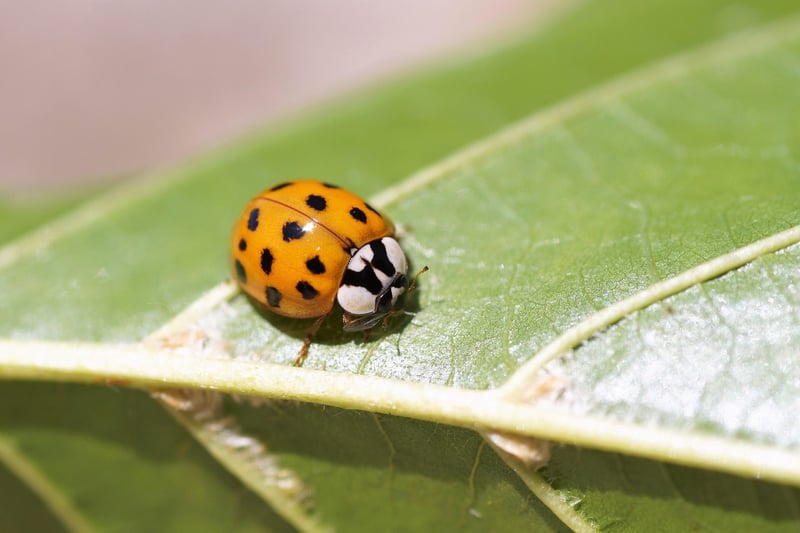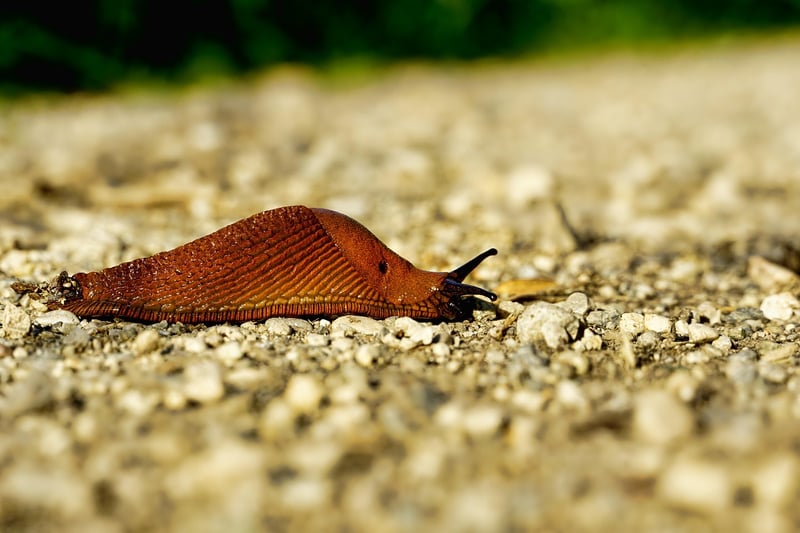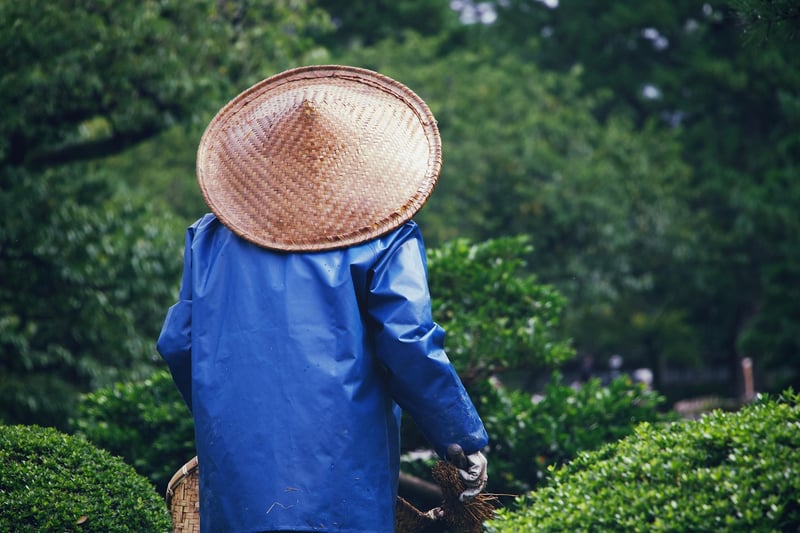Preventive Measures
Managing Garden Pests and Preventive Measures
Gardening is a rewarding and fulfilling hobby, but it comes with its challenges, one of the most common being garden pests. These pesky insects and critters can wreak havoc on your plants if left unchecked. Here are some tips on how to manage garden pests effectively and prevent infestations:
Identification of Pests
The first step in pest management is to identify the pests that are causing damage to your plants. Some common garden pests include aphids, caterpillars, snails, and slugs. Once you know what you are dealing with, you can choose the most appropriate method to control them.
Natural Predators
Encouraging natural predators in your garden is an effective way to control pest populations. Ladybugs, lacewings, and birds are natural predators of many garden pests. You can attract these beneficial insects and animals by planting a diverse range of flowers and providing shelter for birds.
Organic Pest Control
Using organic pest control methods is essential for maintaining a healthy garden ecosystem. Methods such as neem oil, diatomaceous earth, and garlic spray are effective at repelling pests without harming beneficial insects or the environment.
Companion Planting
Companion planting involves growing certain plants together to deter pests or attract beneficial insects. For example, planting marigolds near your vegetables can help repel nematodes, while planting basil near tomatoes can improve their flavor and repel pests.
Physical Barriers
Installing physical barriers such as row covers, netting, and traps can help protect your plants from pests. Row covers can prevent insects from reaching your crops, while traps can capture and remove pests from the garden.
Regular Monitoring
Regularly inspecting your plants for signs of pest damage is crucial for early detection and prevention of infestations. Look for chewed leaves, discolored spots, or wilting plants, and take action promptly to prevent further damage.
Conclusion
By following these tips for managing garden pests and implementing preventive measures, you can maintain a healthy and thriving garden without the need for harmful chemicals. Remember that a balanced ecosystem with a diverse range of plants and natural predators is the key to long-term pest control.



Remember, a healthy garden is a happy garden!
